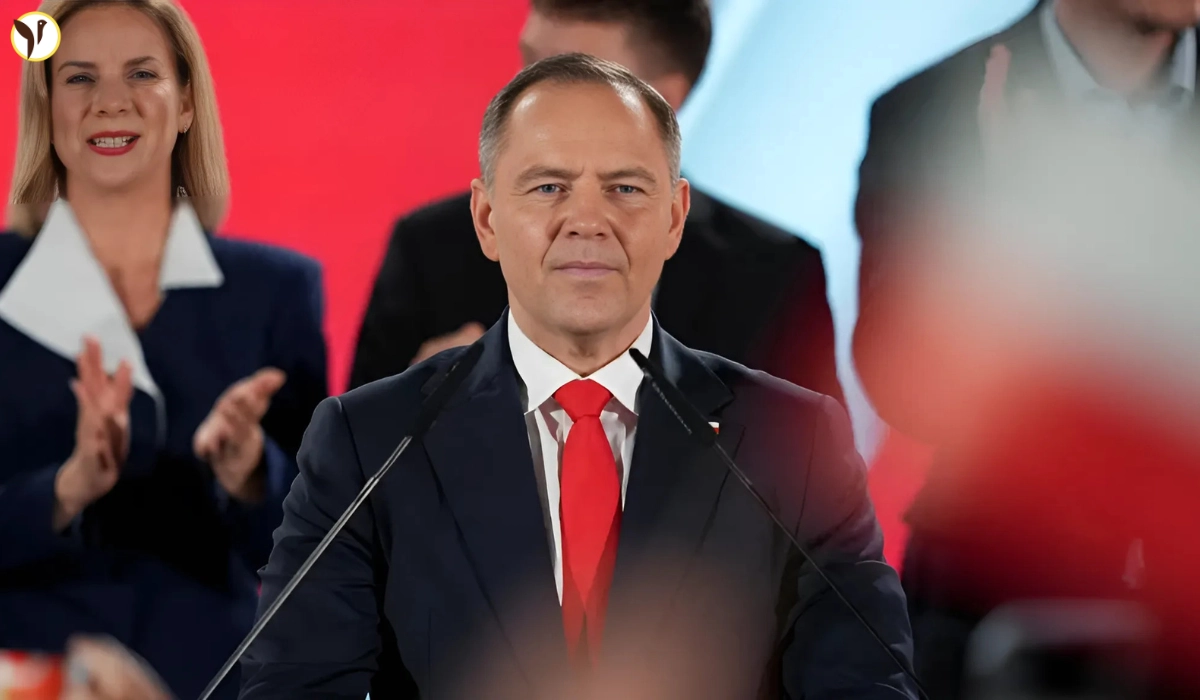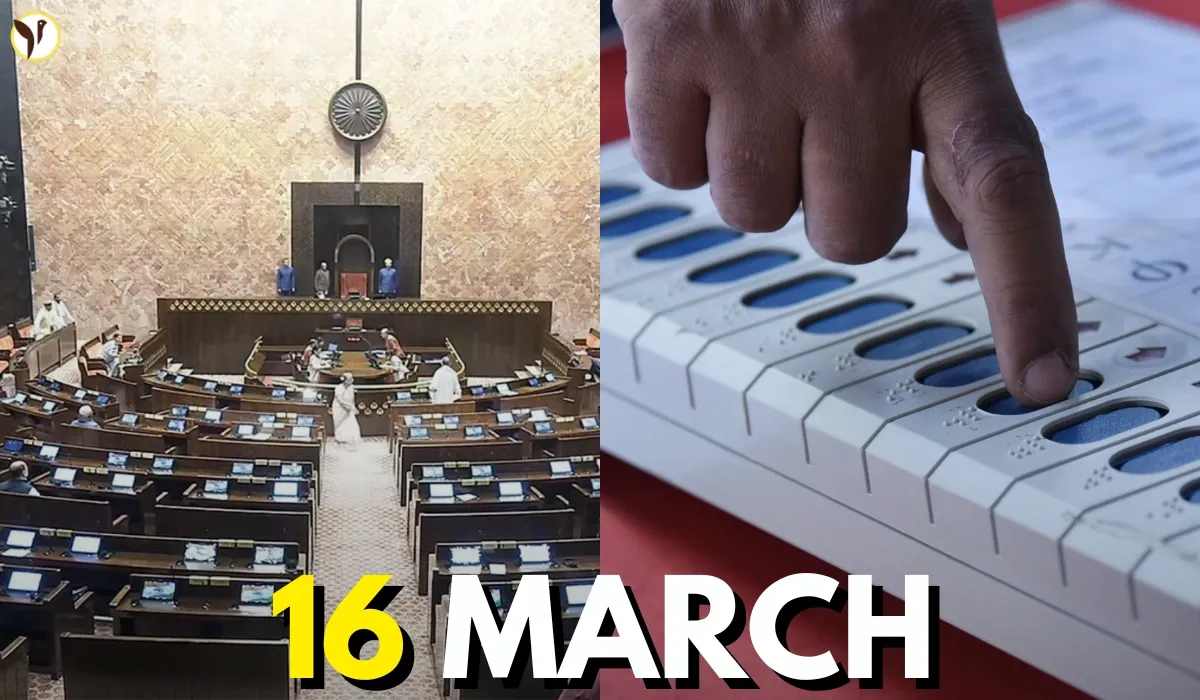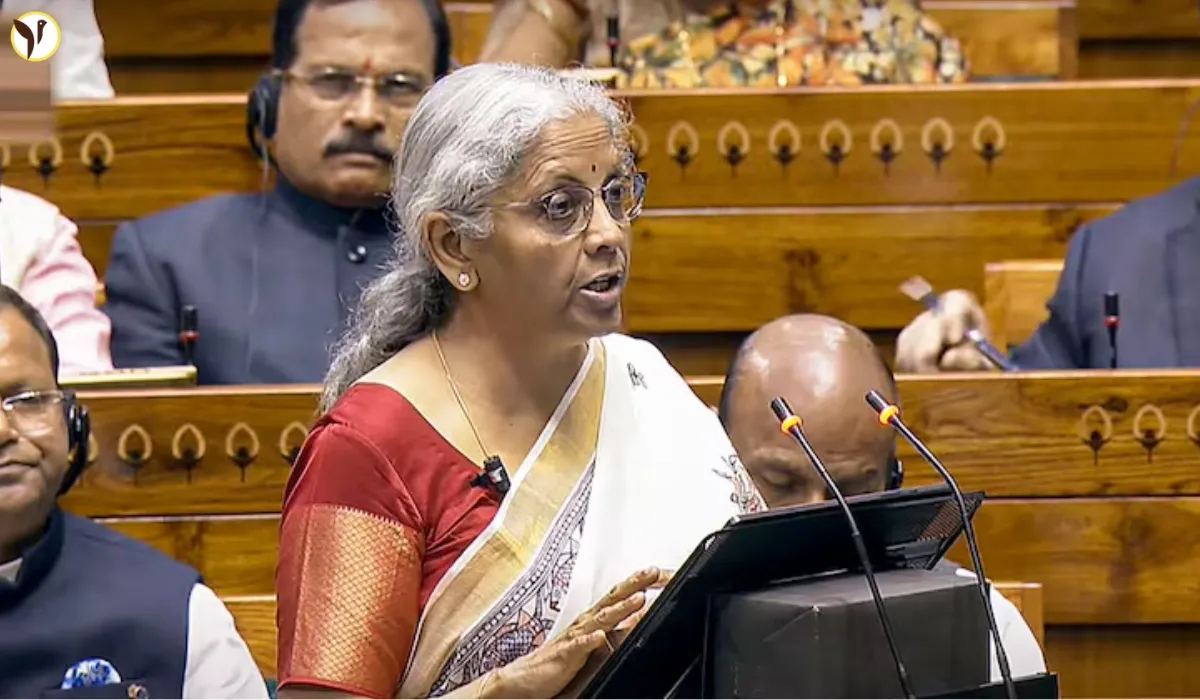Poland’s recent presidential election ended with a tight victory for Karol Nawrocki, a conservative candidate supported by the Law and Justice party. Nawrocki won just over half the votes, narrowly beating Rafał Trzaskowski, the pro-European mayor of Warsaw. This election highlights deep divisions in Poland’s political scene and raises questions about the country’s future relationship with the European Union.
Election Results and What They Mean
The final count showed Nawrocki winning 50.89% of the vote, while Trzaskowski received 49.11%. The close margin shows how split the country is on important issues like EU membership and national identity. Nawrocki’s win suggests that many Polish voters want to see a stronger focus on nationalism and more skepticism toward the European Union. This is a shift from the current government, which is more supportive of EU integration.
Voter Turnout and Campaign Highlights
Voter participation was high, with 71.63% of eligible voters casting ballots in the second round. This was even higher than the first round’s turnout of 67.31%. The election campaign was heated and sometimes personal. Nawrocki faced controversy over his past and some incidents during debates, but his supporters stayed loyal. The lively campaign reflects how important and emotional this election was for many Poles.
Impact on Poland’s Politics and EU Relations
Nawrocki’s presidency is expected to bring changes both inside Poland and in its international relations. His views often challenge the European Union’s influence, especially on topics like judicial independence and media freedom. These tensions could affect Poland’s role in Europe and how it cooperates with other countries. Nawrocki also supports Ukraine’s defense but does not favor granting Ukraine NATO membership, which might influence regional security policies.
International Response and What’s Next
The world is watching how Poland’s new leader will shape the country’s future. Some nations welcome a nationalist approach, while others worry it could harm Poland’s ties with the EU. The United States showed some support for Nawrocki’s victory, signaling possible alignment in foreign policies. Poland’s next major political event will be the parliamentary elections scheduled by November 2027, which will further define the country’s path forward
Image Source: Ruters









